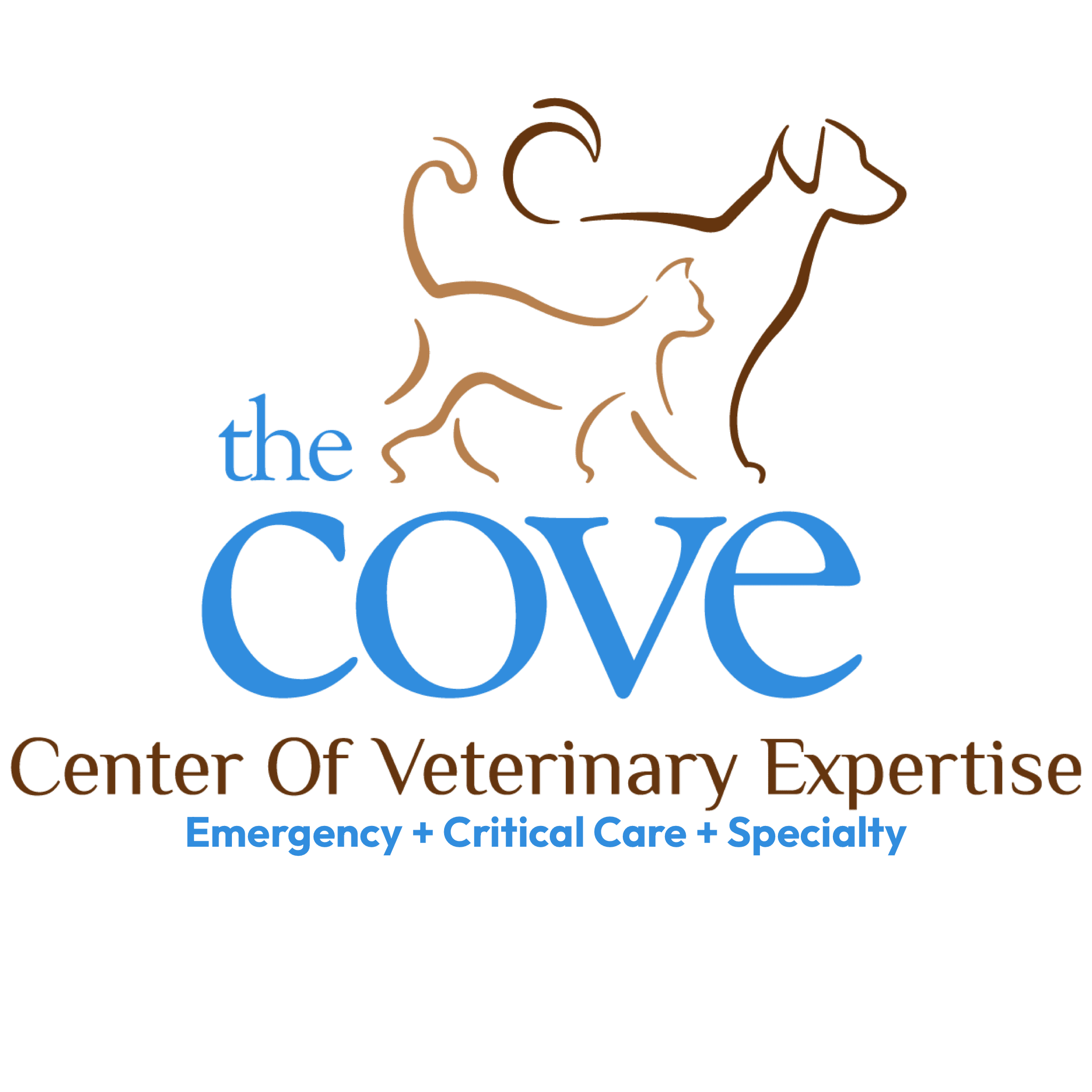Keeping Your Pets Safe and Injury-Free: Essential Tips for a Fun-Filled Summer
Now that summer is in full swing, outdoor activities beckon us and our furry companions. However, amidst the excitement and warm weather adventures, it’s important to prioritize the safety and well-being of our pets. To ensure a summer full of unforgettable memories away from the pet emergency room, take a few minutes to become aware of a few top summertime pet injuries:
Heat Stroke in Pets
Most pet owners know the dangers of heat exhaustion and heat stroke in pets. However, pets continue to suffer from excessive heat exposure and hot weather-related illnesses every summer. Pet owners should be mindful of the following so as not to increase their pet’s heat stroke risk:
- Never leave a pet in a car
- Always provide access to fresh, cool water and shade
- Keep a close eye on young or old pets who do not regulate body temperature well
- Closely monitor flat-faced breeds such as French Bulldogs, Pugs, and Persian cats
- Keep exercise to a minimum and walk pets in the early morning hours before the sun gets too hot
- Pay attention to the warning signs of heat exhaustion and heat stroke
Warning signs of heat stroke include:
- Dark red gums or tongue
- Excessive panting
- Disjointed or uncoordinated gait
- Restlessness and anxiety while seeking shade or water
- Weakness
- Drooling
- Vomiting or diarrhea
If your pet exhibits any of these signs, it is an emergency, and you must get them to an emergency animal hospital immediately to provide life-saving care. If you can, apply towels soaked in cool (not cold) water to your pet’s groin, armpits, and belly during transport to the hospital. Don’t wait!
Dietary Indiscretion and Dogs
Summer is full of tempting hazards for pets, especially dogs, who love to gobble up anything and everything to do with summer barbeques and picnics, not to mention pesticides, cocoa mulch, and lawn chemicals. We regularly see pets in the emergency clinic with painful abdomen, vomiting, and diarrhea due to dietary indiscretion. Ingesting fatty foods can also result in pancreatitis, a painful and sometimes deadly condition.
Some common summertime hazards that pets routinely ingest include:
- Barbequed chicken or rib bones
- Garbage (from leftovers)
- Corn cobs
- Wooden or metal food skewers
- Fatty foods such as hot dogs
- Alcohol, grapes, raisins, onions, garlic, and xylitol (a sugar substitute often found in peanut butter)
- Fertilizer
- Herbicides or pesticides
- Rodenticide (rat bait)
- Bone or blood meal
Lacerations
Cuts and abrasions are more common in the summertime due to pets being out and about more often. Pets can suffer scrapes and cuts while hiking in the woods, from broken glass on the sidewalk, or getting into an altercation at the beach, dog park, or neighborhood gathering.
Lacerations can appear milder than they actually are until we clip the hair away and the veterinarian can fully assess the extent of the injury. Prompt care of any wound is vitally essential and may include sedation, followed by clipping, cleaning, flushing, and antibiotics. Broken branches, pieces of mulch, or grass seeds can all get stuck under the skin and go unnoticed, which can cause significant trauma, infection, and damage under the skin, sometimes needing surgical intervention.
Burned Paws
Another common summertime injury is burned paws. The scorching pavement, sand, or hot surfaces can easily cause painful burns on sensitive paw pads. To prevent this, test the pavement with the back of your hand. If it’s too hot for you, it’s too hot for your pet to walk on. Opt for early morning or late evening walks when the ground has cooled down and the sun is at its lowest. Additionally, consider purchasing protective booties that can provide an extra layer of protection. Regularly check your pet’s paws for signs of redness, blistering, or discomfort.
Accidents
When kids are out of school for the summer and families are on the go all day, your home’s front entrance may feel like a revolving door. With frequent comings and goings, pets can easily slip out and bolt into the street, and tragic accidents occur in a split second. Pets who are hit by a moving vehicle, such as a car or a golf cart, may sustain life-threatening injuries. To avoid grievous injuries such as head trauma, internal bleeding, or broken bones, take the following precautions:
- Block off your pet’s access to outside doors.
- Leave signs on gates for gardeners and visitors to keep them closed.
- Avoid using retractable leashes. They are prone to being dropped or the locking mechanism may fail, allowing your pet to dart into the street.
- Teach your dog to sit and wait at intersections.
- Never leave your pet unattended in the yard. Accidents with lawnmowers happen!
- Always check your driveway carefully when exiting and returning.
If your pet is hit by a car, golf cart, or lawnmower, we are here to help. No matter how minor it may seem, please always have your pet seen by a veterinarian after an incident with a moving vehicle so we can ensure there are no internal injuries.
No matter the time, your team at The COVE is here if your pet has too much summer fun and gets into trouble. If you are visiting us, please call ahead if you can so we may be prepared for your arrival. Contact us anytime at 757-935-9111 with concerns about your pet’s injuries or illness. Our ER is open 24/7/365.
About Us
The COVE’s veterinarians and staff wholeheartedly embrace the core values of community, collaboration, commitment, compassion, and integrity. This focus ensures that pets, the people who love them, and their primary care veterinarians have as positive and affirming a healthcare experience as possible, regardless of the circumstances that bring us all together.
